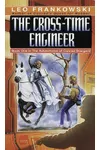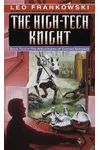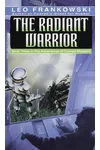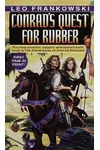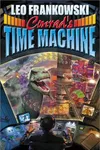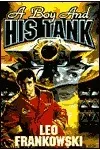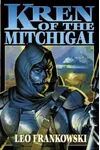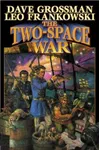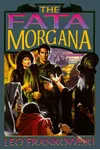Picture a Polish-American engineer turned sci-fi storyteller who zapped a 20th-century hero into medieval Poland—meet Leo Frankowski! Born in Detroit in 1943, Frankowski blended his technical savvy with a passion for time travel tales, creating the beloved Conrad Stargard series. His stories, packed with historical twists and bold tech, won over fans while stirring lively debates with his provocative views.
From designing auto parts to crafting alternate histories, Frankowski’s journey was as dynamic as his novels. Let’s dive into the life and legacy of this unique science fiction voice!
The Making of Leo Frankowski
Leo Frankowski was born on February 13, 1943, in Detroit, Michigan, to parents of Polish Kashubian descent. Raised in a family that ran a local inn, he grew up surrounded by community and stories. Before picking up the pen, Frankowski was a successful engineer, owning Sterling Manufacturing and Design in Utica, Michigan. His company created hydraulic systems for Chrysler, and his patented Formital product became a hit at Pep Boys stores. This technical expertise later infused his sci-fi with gritty realism. In the early 1980s, Frankowski joined the National Science Fiction Writer’s Exchange in Detroit, where his time travel stories caught fire, sparking his writing career.
Leo Frankowski’s Unforgettable Stories
Frankowski’s signature work, the Conrad Stargard series, kicked off with The Cross-Time Engineer (1986). In it, Polish engineer Conrad Schwartz is flung back to 1231 Poland, where he uses modern tech to fend off the Mongol invasion. The series, spanning eight books like The High-Tech Knight and Lord Conrad’s Lady, blends historical detail with engineering feats, earning praise for its immersive world-building. Fans loved the mix of Polish pride and clever inventions, though some criticized its male-centric tone.
Beyond Stargard, Frankowski penned standalone novels like Copernick’s Rebellion (1987), exploring genetic engineering, and The Fata Morgana (1999), a tale of discovery in the Western Isles. He also co-wrote the New Kashubia series with Dave Grossman, diving into military sci-fi with a Kashubian twist. His style—technical, bold, and unapologetic—appealed to readers with military and engineering backgrounds, though his controversial remarks sometimes alienated others.
Frankowski’s work wasn’t just about gadgets; it was a love letter to Polish culture and resilience. His Kashubian roots shone through, earning positive reviews from Polish critics like Roman Drzeżdżon. Despite publisher disputes, including Baen rejecting Lord Conrad’s Crusade, Frankowski self-published to keep his vision alive.
Why Leo Frankowski Matters
Leo Frankowski’s impact lies in his ability to make history and technology collide in thrilling ways. The Conrad Stargard series inspired readers to imagine how one person’s knowledge could reshape the past, influencing alternate history sci-fi. His nomination for the John W. Campbell Award for Best New Writer highlighted his early promise. While his outspoken views stirred controversy, they also sparked discussions about authorship and audience in genre fiction.
Frankowski’s legacy endures through his dedicated fanbase and translations in Italy, Spain, and Poland. His unfinished Stargard novels and planned tie-ins with Copernick’s Rebellion leave a bittersweet “what-if” for fans, cementing his status as a bold, if polarizing, sci-fi pioneer.
- Born: February 13, 1943, Detroit, Michigan
- Died: December 25, 2008, Lake Elsinore, California
- Key Works: The Cross-Time Engineer, Copernick’s Rebellion, The Fata Morgana
- Notable: Nominated for John W. Campbell Award
Snag The Cross-Time Engineer and dive into Leo Frankowski’s time-bending, tech-savvy world of sci-fi adventure!
